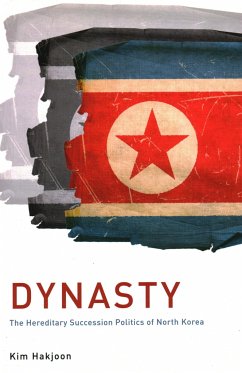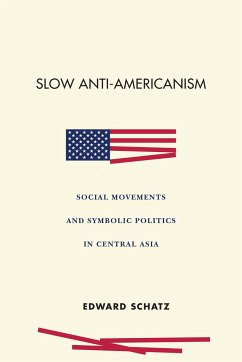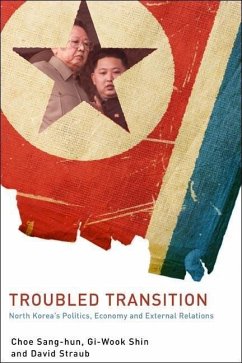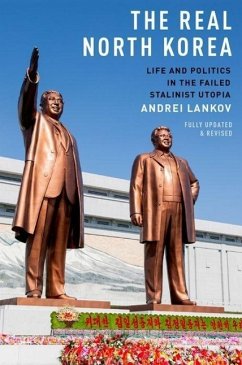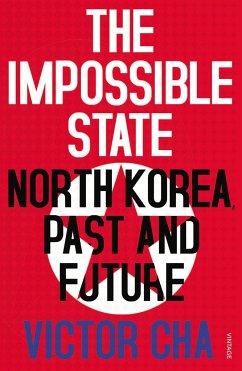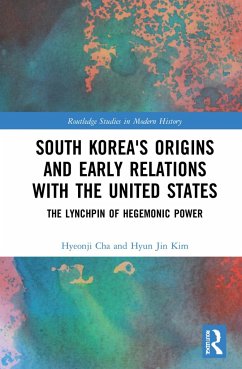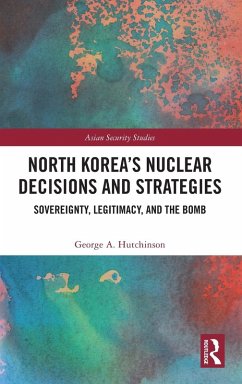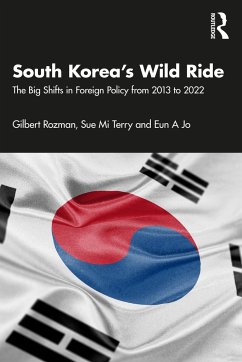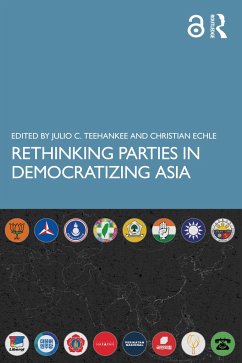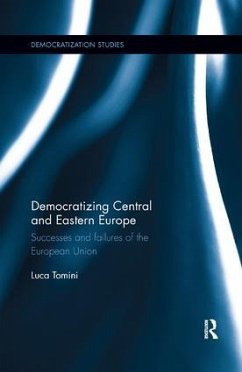Nicht lieferbar
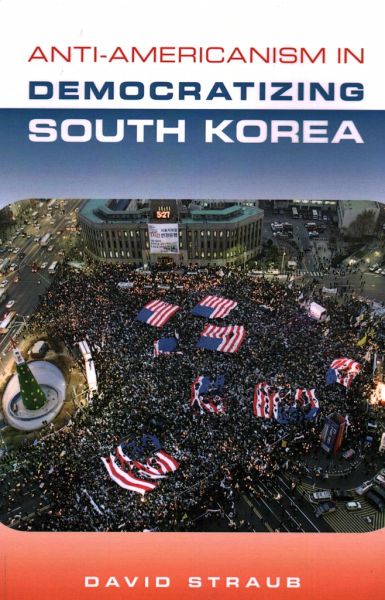
Anti-Americanism in Democratizing South Korea
Versandkostenfrei!
Nicht lieferbar
Although most South Koreans profess to holdfavorable views of the United States, the phenomenon of anti-Americanism in this "pro-American" country is wellknown. David Straub, who served as the head of the political section at the U.S. embassy in Seoul for three years, analyzes the arc of increasing anti-American sentiment from 1999 that climaxed in 2002 in massive demonstrations over the accidental killing of two schoolgirls by a vehicle driven by American soldiers. Straub argues-using case studies of major incidents during the period-that anti-Americanism was not simply a reaction to U.S. act...
Although most South Koreans profess to holdfavorable views of the United States, the phenomenon of anti-Americanism in this "pro-American" country is wellknown. David Straub, who served as the head of the political section at the U.S. embassy in Seoul for three years, analyzes the arc of increasing anti-American sentiment from 1999 that climaxed in 2002 in massive demonstrations over the accidental killing of two schoolgirls by a vehicle driven by American soldiers. Straub argues-using case studies of major incidents during the period-that anti-Americanism was not simply a reaction to U.S. actions, but was powerfully embedded in a longstanding Korean national narrative of victimization at the hands of great powers, magnified by the election of a left-national government and media dynamics in the Internet age.




